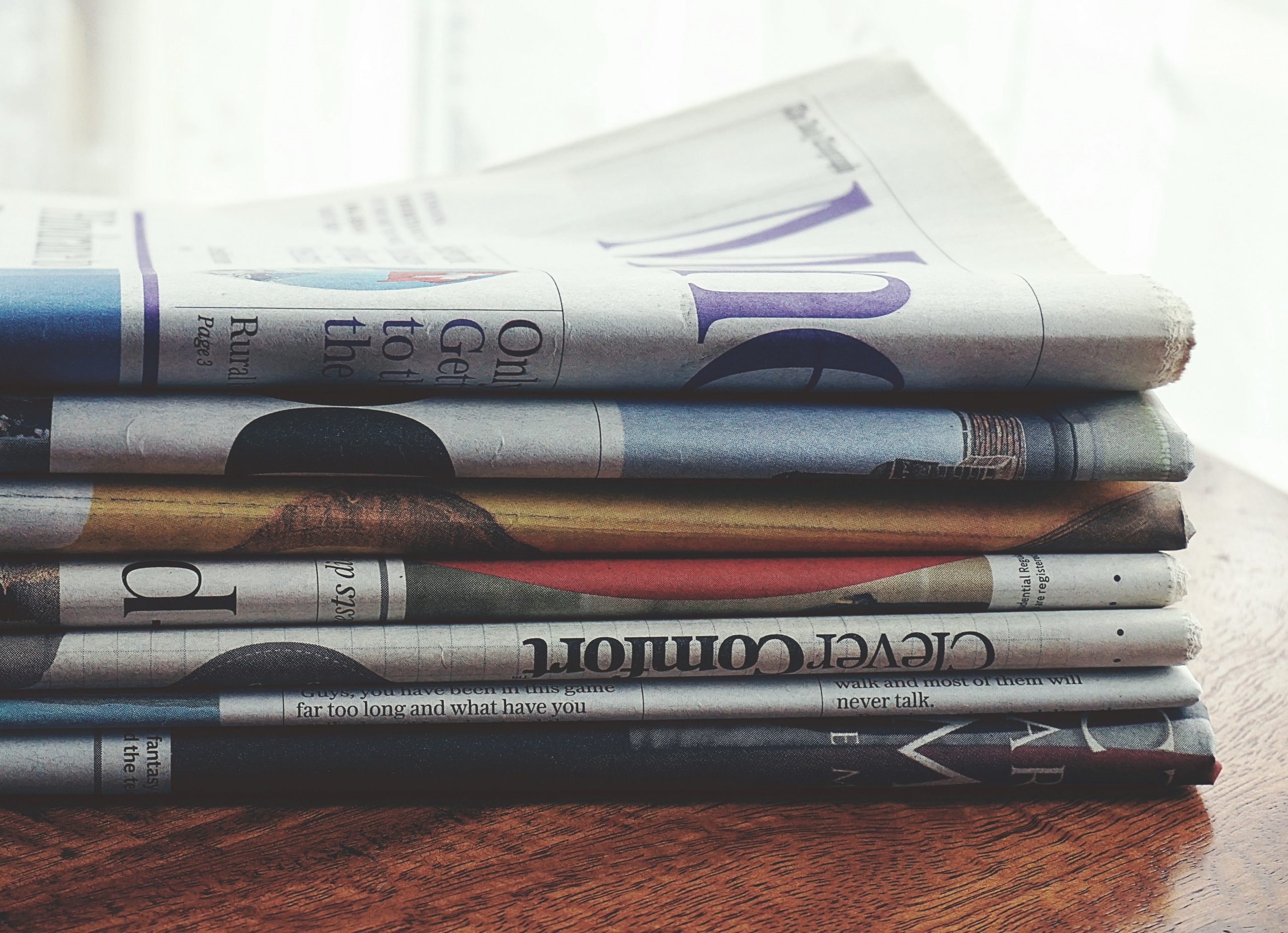In normal times, a crisis or a major protest would thrill the press. Commentators would happily write, talk and saturate us with an issue before moving on to the next fresh controversy. Now, however, journalists seem sick of relaying the same arguments and facing the unexpected cold shoulder from central government.
The coronavirus was said to have peaked in late April, but to the surprise of many, we are still in the early stages of our quarantine. Initially, Prime Minister and government were pulled apart by the media, condemned for missed intelligence meetings, unfeasible targets and distractions, rightfully so. But this momentum was quickly lost when the government displayed its supremacy.
The climax of this consensual onslaught was a few weeks ago, when a frenzy surrounding top government advisor Dominic Cummings occurred. He flouted his own lockdown rules when he travelled the length of the country, lying to and even chastising the press and public. The left leaning Daily Mirror and Guardian collaboratively exposed the Durham jaunt, yet red top tabloids responded angrily when the Daily Mirror called for his unemployment; in turn strengthened by the passionate and critical BBC coverage.
Over a few days, the mainstream British media were seemingly united, all wrangling to get an answer from Boris Johnson’s uncontrite right hand man and the PM himself. A YouGov poll demonstrated complete public outrage at Cummings, with a significant 59% thinking he should resign and a rather conclusive 71% believing that he had broken lockdown rules. However, there was no apology from Cummings, no remorse or reflection from Boris Johnson who kept defending his ally, despite furious criticism. Cummings was clearly integral to our government; causing the antagonising Mail, Express and Sun’s threat to the Tories to be outweighed by one man’s value. It seems that this was a worthwhile risk, demonstrating the loss of influence the press now has on our leaders.
Not every voice in the press was more sensible and informed than Boris Johnson or helped to secure the two-week advantage we had over Europe. But, everyone was right to challenge the initial policy of not forcing restaurants and cafes’ to close. Yet, at the time there were plenty of stories undermining the planned closure of the pub, with ‘defiant’ people going out on the last day pubs were open.
On Good Morning Britain, there has been excessive debate about medical possibilities which though apparently has both entertaining and positive ratings, is speculative, and frames many of the issues around when will this stop affecting us.
Dr Hillary Jones at ITV is right to share their opinion, but the speculative journalism that arose from his comments doesn’t help the survival of businesses or inform the public more comprehensively. Dr Hillary Jones was right to talk about being cautious, saying on Good Morning Britain that pubs reopening too quickly is ‘the opposite of social distancing, it’s social gathering’ trying to avoid the much quoted discussion about waiting till after Christmas. But on the whole, that entire format of this journalism has created a populist, blanket criticism of the government that fails to hit the mark.
In fact, daytime television is like a dog trying to chase its tail, tirelessly discussing face masks, immunity and vaccines, whilst the rabbit – ongoing political developments, such as EU negotiations – slowly walks past. The problem is that despite their apparent success, circumstantial, television programming has been stuck for too long in this nightmare medical segment. Whilst popular, it is also unable to hold the government accountable.
In the past, newspapers could credibly claim to have won elections, now they would be grateful to claim that they helped end lockdown by even a few days. This month, in the fallout of the Cummings Scandal, wounds have been licked and the press has diverged again. The Telegraph published several articles pressuring the government to quickly end lockdown, with an economic argument. One of their writer’s boldly headlined an article: ‘I refuse to abide by these bonkers rules any longer’, which was a strongly written article piggy-backing The Sun’s own headline, ‘BORIS BANS BONKING!’.
These headlines – alongside lack of social distancing – are a sign that papers on the right have shifted against government caution. Print circulation has been recorded to have fallen up to 39% over April. With articles all online, the main problem we face is that different views, some important, are inaccessible due to paywalls. The result of this is that the public are being given more partisan coverage, reflecting their own viewpoint. This therefore worsens our current political differences. Online coverage makes it easier for people to just rely on social media for their news, getting their daily dose of like-minded politics in blithe bites and forgetting about deepening their opinions.
Listening and engaging with good journalism has never been more important; for example, reading an in-depth medical analysis or thought-provoking features on pressing issues such as Black Lives Matter. The media should be fair on the protesters, rather than whipping up more division through overly selective coverage. They have to be balanced and ought to importantly question the UK’s relationship with race. This is of course not forgetting that this new wave of protests is happening in a time when the majority of Britons are furloughed, jobless and still scared of infection. The media lost to the government this time; however, trust and readership can be regained if they protect the powerless and remain critical of the powerful.
Séamus O’Hanlon
Image: Pexels.

